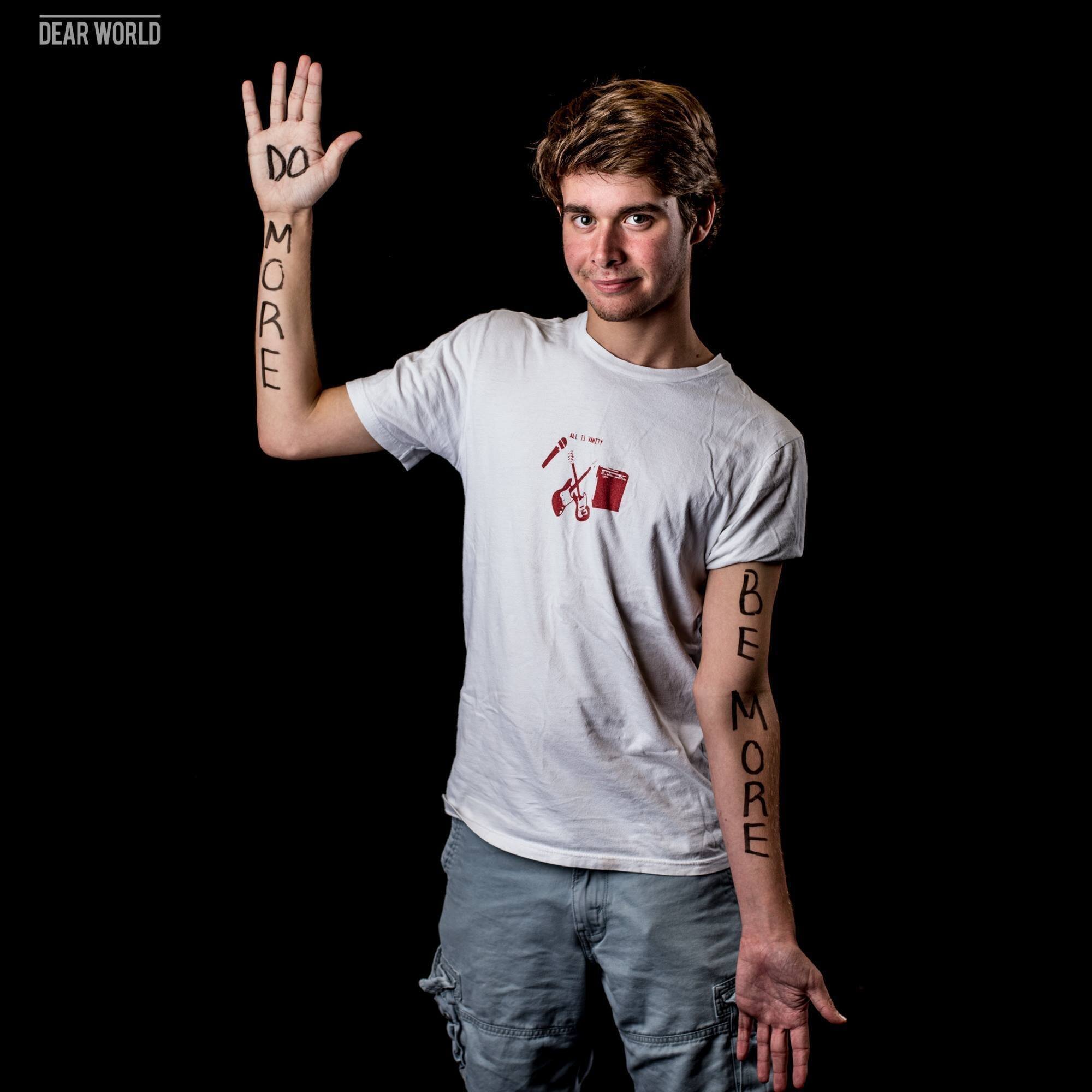There are a lot of emotions that come with the diagnosis of any chronic illness, or even any major life change. But laying on the operating table, under the haze and fading twilight of the anesthesia medication exiting my veins, I felt nothing. The echoing silence of the room was heavy all around me. I expected to feel an overflowing stream of emotions flow over me, but instead the most striking sensation of my diagnosis was emptiness. It could have been the drugs dulling my system and my perception of the world. Yet, over time, I’ve started to think that the cause of the void-like feeling around my diagnosis was something incredibly real, and not artificial. The feeling of change is oftentimes so big that it feels like nothing.
In that hospital room, so much had changed with a simple test. The scale of the moment was beyond comprehension. My parents and I communicated without words, because anything that could have been said would have failed. All the periods, letters, and adjectives in the world would never be enough to frame that point in time. So, somehow and instead, I just knew that I had ulcerative colitis without being told. Shock, and the whole experience, was such a surreal feeling. To know that something has snapped, or broken, or ended, but to be unable to directly confront that realization is off-putting. It was easier to not speak the change aloud, because to speak it into the world would make it extra real.
In the weeks after my diagnosis, it was as if a light switch had been switched back on. All of the fear, grief, and anger I had missed earlier suddenly now surrounded me. The trauma of illness is such a widespread and varied experience, but it can be difficult to describe and discuss. It’s isolating to feel different, and to feel like you’ve lost a piece of yourself. Health is something that most people take for granted or don’t think about. So when it’s taken away from you, its absence becomes the dominant part of your everyday life. The shift in my lifestyle to one focused on health had a significant impact on my mental health. I was in an environment, my freshman year of college, where everyone seems to be testing the limits of their independence. Thus, to feel completely dependent on my unstable day-to-day health felt unfair and tragic.
It’s a challenge to have the energy to battle painful, and draining symptoms on a daily basis. I learned that adjusting to my illness, and all of the treatment that comes with it, was a major part of my healing journey. On top of that, I realized that acknowledging the emotions I was experiencing was an important part of accepting my illness. It’s normal and natural to be angry, to grieve, and even to be nostalgic for your life prior to diagnosis. In fact, for me, it was the first step towards opening up and connecting with others in the chronic illness community. My experiences, feelings, and my relationship towards my health has been full of highs and lows. Most of all, I’ve learned that the negative and positive emotions I’ve encountered from dealing with illness are all valid. They’ve helped me grow, learn, and evolve as an individual. Every journey is different, and that is perfectly okay.



